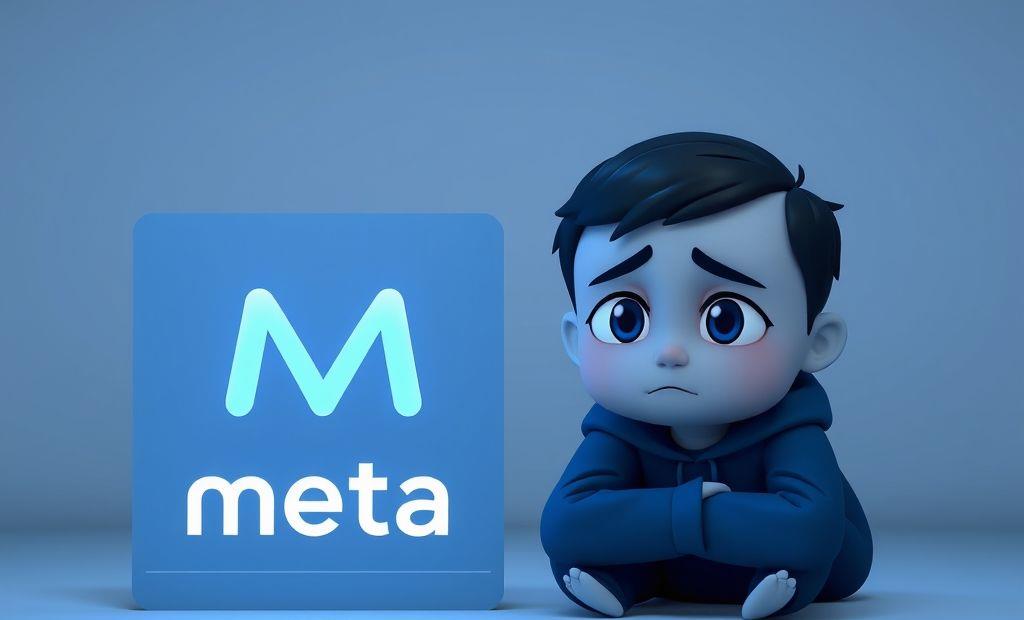Texas AG: Meta, Character.AI Mislead Kids on Mental Health

Texas AG Accuses Meta & Character.AI of Misleading Kids Texas Attorney General (AG) Ken Paxton is taking action against Meta and Character.AI, accusing them of...
⏱️ Estimated reading time: 3 min
Latest News
Texas AG Accuses Meta & Character.AI of Misleading Kids
Texas Attorney General (AG) Ken Paxton is taking action against Meta and Character.AI, accusing them of deceiving children about the mental health impacts of their platforms. Paxton asserts that these companies are engaging in practices that are detrimental to young users.
Meta’s Alleged Deceptive Practices
The Texas AG’s office claims that Meta, the parent company of Facebook and Instagram, is misleading children about the addictive nature and potential harms of its social media platforms. The lawsuit alleges that Meta fails to adequately protect young users from harmful content and that they are not transparent about the negative effects of prolonged social media use on mental health. More details on the Meta lawsuit are available.
- Failure to Protect: Allegations include not doing enough to shield children from cyberbullying and inappropriate content.
- Addictive Design: Claims that Meta intentionally designs its platforms to be addictive, keeping young users engaged for extended periods.
- Lack of Transparency: Criticism over the lack of clear information about the potential mental health risks associated with social media use.
Character.AI’s Role in the Controversy
Character.AI, an AI-powered chatbot platform, is also under scrutiny. The Texas AG alleges that Character.AI provides responses that can be harmful to children, especially those struggling with mental health issues. The platform allows users to create and interact with AI characters, and concerns have been raised about the quality and safety of the advice and interactions these characters provide. You can read more about Character AI’s claims and controversies online.
Legal Actions and Potential Consequences
The lawsuits against Meta and Character.AI represent a growing trend of holding tech companies accountable for the impact of their products on children’s mental health. If successful, these legal actions could result in significant penalties and require the companies to implement stricter safeguards for young users. These safeguards could include:
- Age Verification: Implementing robust age verification systems to prevent underage users from accessing the platforms.
- Content Moderation: Improving content moderation policies to remove harmful and inappropriate content more effectively.
- Mental Health Resources: Providing access to mental health resources and support for users who may be struggling.
Protecting Children Online
Parents and caregivers play a critical role in protecting children online. Some steps to consider include:
- Open Communication: Talk to children about the risks and benefits of using social media and online platforms.
- Set Boundaries: Establish clear rules and boundaries for screen time and online activities.
- Monitor Activity: Keep an eye on children’s online activity and be aware of the content they are accessing.
Related Posts

TikTok Rewards You for Limiting Doomscrolling
TikTok Now Gives Badges for Curbing Doomscrolling TikTok is rolling out a new feature to...
November 19, 2025

Ramp’s Valuation Soars to $32B in Just 3 Months
Ramp’s Valuation Soars to $32B Ramp, the corporate card and finance automation platform, has reached...
November 19, 2025

Luminar’s Financial Troubles: A Customer Dispute
Luminar’s Financial Troubles: A Customer Dispute Luminar Technologies, a key player in lidar technology, faces...
November 17, 2025











Leave a Reply